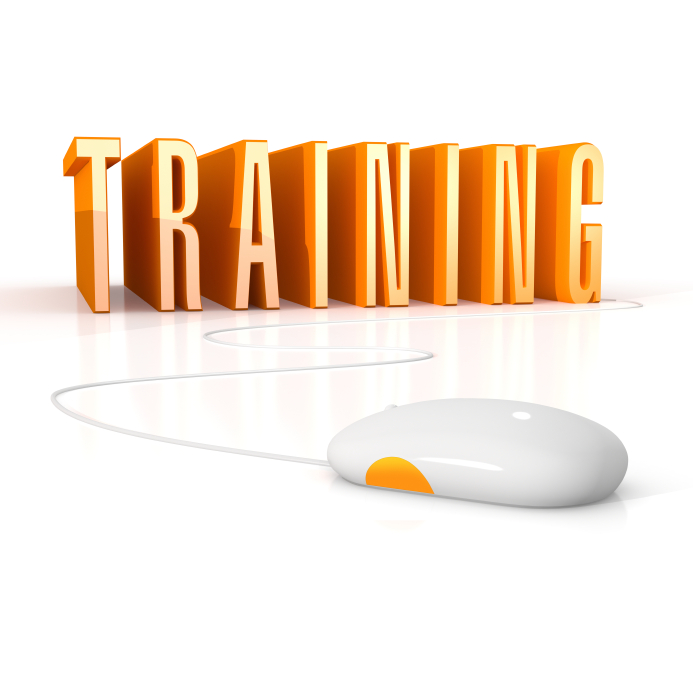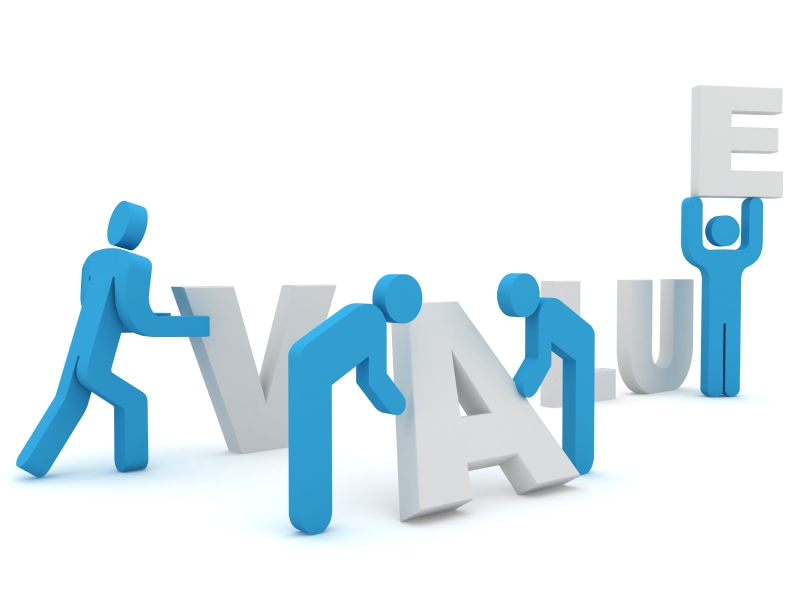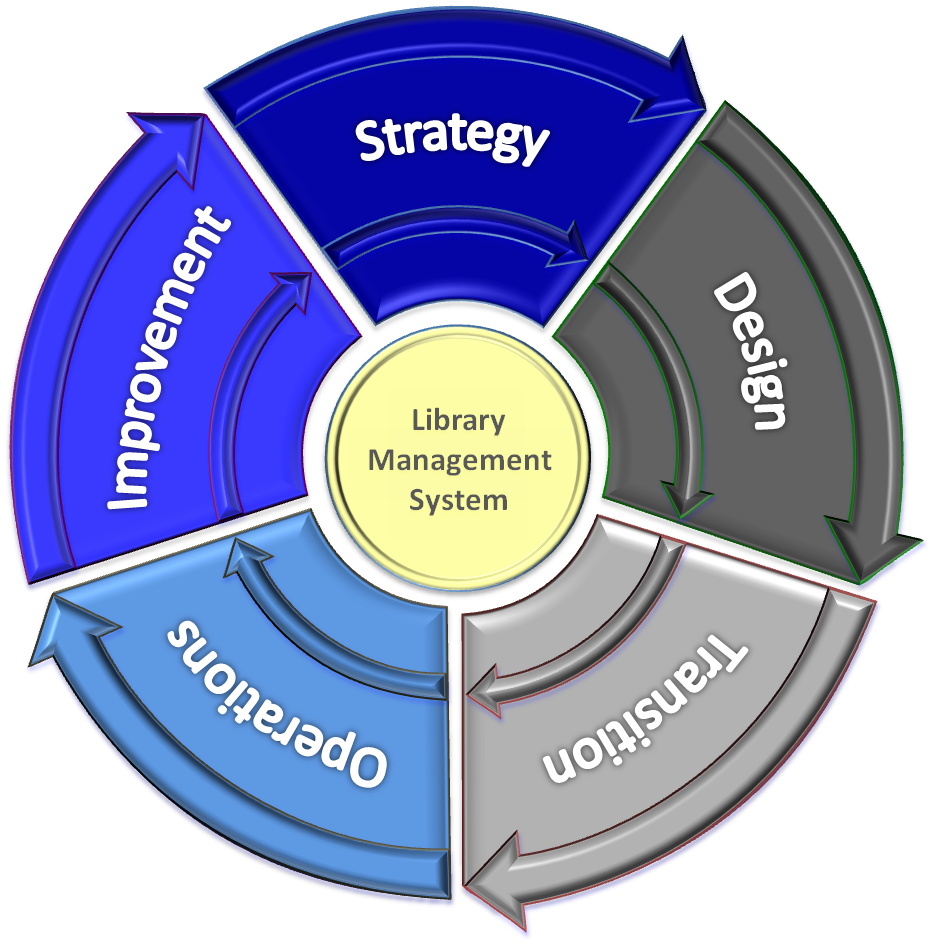“How do you teach efficient, cost effective, and relevant legal research to the Google generation?”
Legal research training has been a problem for over a century – ever since the practice of law departed from the apprenticeship model and left preliminary training and practice basics to the universities:*

From 1902: “I have been amazed at the helplessness of law students, and even of lawyers when they go into a library to search for authorities. . . . Law schools should teach their students how to do these things.”
From 1949: “I speak from an experience of 25 years on the bench, an experience sometimes painful . . . when I say to you that one of the big mistakes in legal education today is relative neglect of this important subject of legal research in law school.”
Now, in the “Google era,” legal research training (LRT) may finally have a chance to succeed. For the first time we have a generation culturally-primed for legal research, experienced in searching for information and evaluating sources; a generation founded in an understanding that the most available information may not be the most accurate, or the most recent.
To read the full article click here




